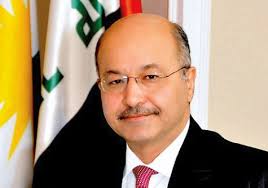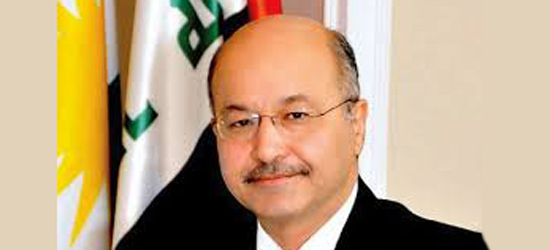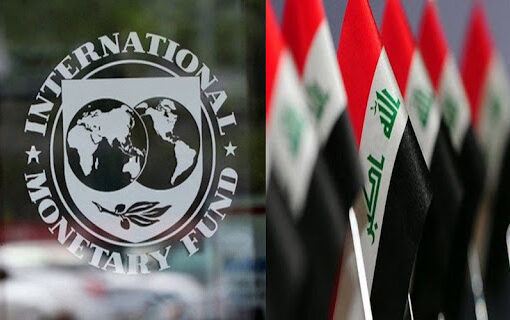
Its Arab communities and the Kurds need to decide on their political status
US leadership of the international coalition against Isis has brought Iraq to the brink of defeating the terrorists who took control of a third of the country. Thanks to the efforts of the Iraqi security forces, the Peshmerga and Hashd al-Shaabi, Isis will soon be pushed out of Mosul. Iraqi Prime Minister Haider Al-Abadi deserves credit for seeing the campaign through.
The political system installed after the overthrow of Saddam Hussein has failed. Far from the liberal democracy that many hoped for, myself included, Iraq is a near-kleptocracy, riven by partisan and ethno-sectarian division.
Iraq’s main communities must therefore engage in meaningful dialogue, a process that should begin with negotiations between the federal government and the Kurdistan Regional Government. The two sides have to decide whether they want to live together. And the place to decide this is Baghdad, not Ankara, Tehran or Washington.
Most Kurds aspire to independence. But if separation is to take place, it should be on the basis of a workable plan for partition — on the Czech-Slovak “velvet divorce” model, rather than that of Northern Cyprus or South Sudan — negotiated with Baghdad. The Kurdish leadership may also see the merits of remaining part of a new confederal Iraq, with a sovereign Kurdistan continuing to participate in a common economic and security architecture. In the meantime, the Kurdish leadership must work seriously to resolve the political, economic and governance crisis afflicting Kurdistan.
Iraq’s Arab communities — Sunni and Shia — also need to decide on their future political relationship. Shia parties dominate government, reluctant to share power, fearing this would allow the Sunnis a way back. It is true that the Sunnis have no credible leadership to represent them or to challenge extremists. But the Shia and the Kurds must recognise that Sunni disenfranchisement is an incubator for terrorism. Likewise, the Sunnis have to acknowledge that they are the greatest losers from violent extremism.
Economic growth is the second main challenge facing Iraqi leaders. The impressive increase in oil production since 2003 has not yet translated into a better standard of living for the population. Most of the revenues are spent on bloated public sector salaries.
One way to rescue the failing rentier economy would be to establish a public agency to plan and implement capital spending. Such an agency, a development and investment board modelled on what Iraq had before the 1958 revolution, would be run at arm’s length from the government, and funded through an annual allocation of a proportion of oil and gas receipts in the national budget. It would co-ordinate with private-sector investors and international donors, thereby developing a comprehensive capital spending plan for the country.
The key will be to ensure that the development and investment board is not beholden to political factions. Its responsibility must be to its stakeholders — the Iraqi population and investors.
An Iraq reformed along these lines could become the precursor for a new security and economic architecture in the Middle East, a transformation based on shared economic interest and empowerment. But dialogue among Iraqis will not succeed without the support of regional powers — Saudi Arabia, Iran and Turkey — and, most importantly, the US and other global actors including Russia and the EU, who share an interest in eradicating the scourges of terrorism and extremism.
Many will argue that Americans and their coalition partners have already paid dearly in blood and treasure to stabilise Iraq, without success. But Washington and the wider international community have an interest in an initiative that will ultimately aid the fight against Isis and extremism. Fixing Iraq would go a long way towards fixing much of the Middle East.
(*) The writer is a former prime minister of the Kurdistan Regional Government and former deputy prime minister of Iraq
Source: The Financial Times Limited 2017. May 18, 2017 .
The Big Read
Iraq fears for its future once Isis falls








Comment here